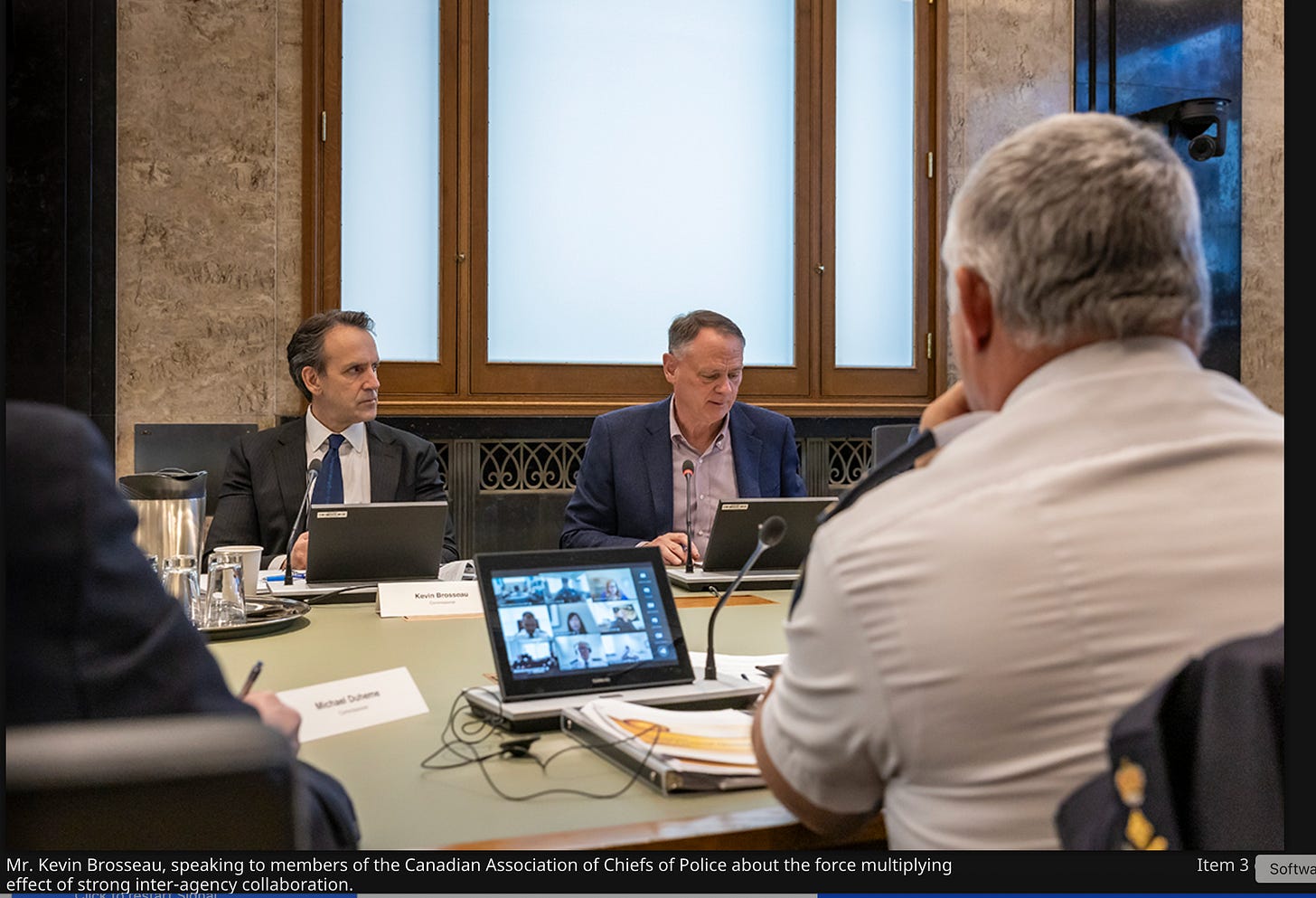Canada’s Fentanyl Czar Reportedly Told U.S. Officials: ‘I Have No Authority'
U.S. officials say Canada’s fentanyl czar admitted having “no authority” over RCMP — undermining Carney’s assurances of historic border measures.

WASHINGTON — Ottawa’s newly appointed “fentanyl czar” told U.S. officials in Ottawa he has no authority to influence Canadian federal police or border agencies, according to an official with knowledge of the relevant meetings. For U.S. enforcement experts, the admission underlined what they describe as the emptiness of Justin Trudeau and Mark Carney’s high-profile pledges to crack down on transnational fentanyl production and trafficking by Chinese and Mexican syndicates — and underscored systemic failures in Canada’s response to cartels exploiting the nation’s ports, borders, and infrastructure.
Ottawa’s response this year to President Donald Trump’s threat of fentanyl interdiction tariffs — including the high-profile czar position, promises to join cross-border gang task forces, and pledges to strengthen border security — has been described by U.S. and Canadian enforcement sources as largely performative, lacking both real authority and the baseline cooperation with U.S. counterparts needed to address Canada’s vulnerabilities.
The Trudeau government named Kevin Brosseau as Canada’s first fentanyl czar in February, responding to Trump’s warning of sweeping tariffs. According to U.S. government sources, Brosseau soon met officials from the State Department, Homeland Security Investigations, and the DEA. While cordial, the meetings left American counterparts with the perception that Brosseau had no real authority and no capacity to implement improvements.
“He said, ‘Listen, I don’t tell the RCMP what to do. I listen to what RCMP, CBSA, and other police services have to say, but I have no authority to direct them or ask them to do anything,’” one U.S. source recalled.
“There’s been nothing that’s come out of that office since they established it,” the source added. “No strategic plan. I don’t even know if he’s relevant anymore. It was just another Trudeau–NDP-type program that sounded good when they announced it, but in the end it didn’t do anything.”
Brosseau’s appointment followed Trudeau’s February 3 post to X: “I just had a good call with President Trump. Canada is implementing our $1.3 billion border plan — reinforcing the border with new choppers, technology and personnel, enhanced coordination with our American partners, and increased resources to stop the flow of fentanyl,” Trudeau wrote. “In addition, Canada is making new commitments to appoint a Fentanyl Czar, we will list cartels as terrorists, ensure 24/7 eyes on the border, launch a Canada-U.S. Joint Strike Force to combat organized crime, fentanyl and money laundering.”
Yet multiple sources told The Bureau these moves produced little substance, reinforcing a long-standing U.S. view that Ottawa talks about cooperation but does not deliver.
For U.S. officials, the core problems between Washington and Ottawa involve weak laws, porous borders, and information-sharing impediments. Canadian officials often cite the Supreme Court’s Stinchcombe ruling — which requires extensive disclosure of evidence to the defense — as a barrier to intelligence-driven cases. U.S. experts argue these rules, combined with political sensitivities, prevent Canadian agencies from targeting major transnational drug traffickers even when there is clear investigative intelligence, including wiretap material.
Meetings followed Trump’s threats and Trudeau’s announcement, a source said, including with Ontario Premier Doug Ford, on efforts to create a new CBSA-RCMP border interdiction team.
Keep reading with a 7-day free trial
Subscribe to The Bureau to keep reading this post and get 7 days of free access to the full post archives.


